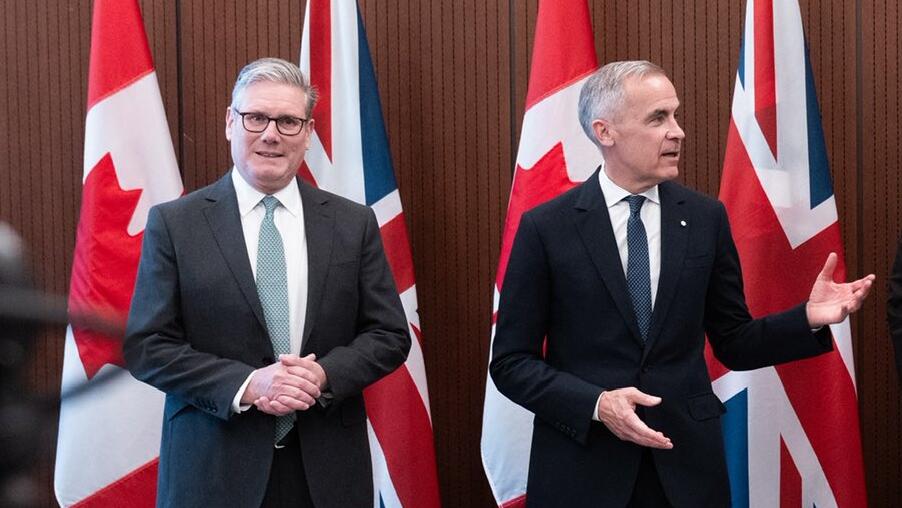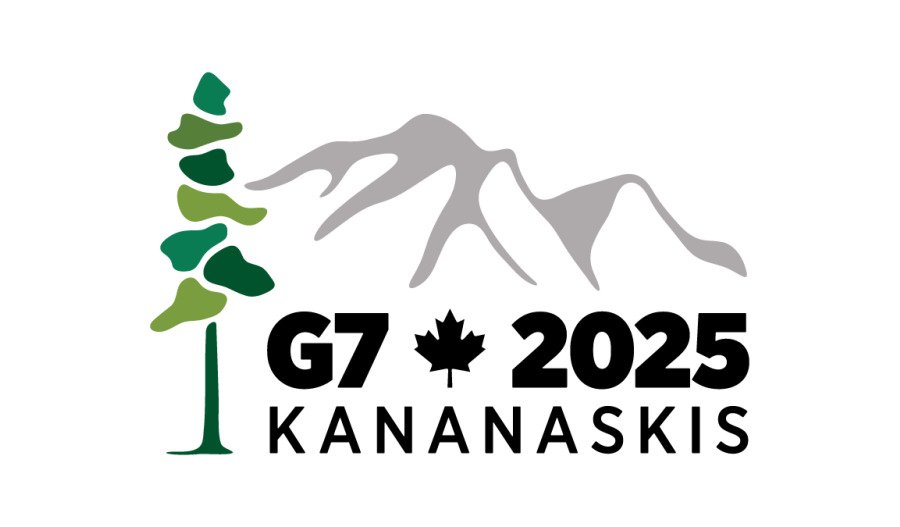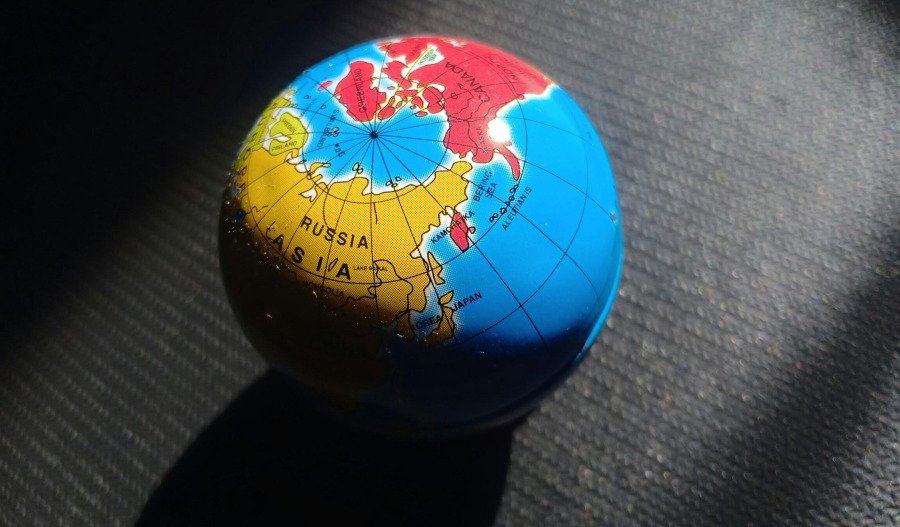Trade talks are at the forefront of discussion today for United States President Donald Trump and other leaders attending the G7 summit.
The Canada-hosted summit has a range of key topics on its agenda. Trade is a pressing issue for many attendees - Australia included - following a suite of global tariffs implemented by the Trump administration.
Prior to the G7 kicking off, Australian Prime Minister Anthony Albanese confirmed he planned to discuss tariffs with the U.S. president. However, shortly after Albanese concluded his press conference today, the White House Press Secretary said Trump had left the summit early.
“Much was accomplished, but because of what’s going on in the Middle East, President Trump will be leaving tonight after dinner with Heads of State,” Karoline Leavitt wrote on X.
It is unclear what this means for the planned discussion between Albanese and Trump, which was set for tomorrow morning AEST.
However, British and Canadian leaders have already had individual talks with their U.S. counterparts.
UK Prime Minister Keir Starmer confirmed earlier today that he and Trump had signed a deal that saw a reduction in some, if not all, tariffs from the U.S.
Tariffs on the British aerospace sector were brought down to zero, and taxes on car imports were reduced from over 27% to 10%, with Starmer calling the deal a “real sign of strength”.
Canadian PM Mark Carney also had a chance to talk about trade with Trump, although no formal agreement emerged from that discussion.
“I’m a tariff person. I’ve always been a tariff person,” Trump said.
“I think Mark has a more complex idea, but also very good. We’re going to take a look at both.”
Another pressing matter for the leaders in attendance is the escalating conflict between Israel and Iran. There are reports that Trump will not sign a planned joint statement emerging from the summit calling for peace.
The statement calls for de-escalation and civilian protection, but a White House official has told CBS news the President will not be among the signatories.


